The 30-Second Takeaways:
🔧 The art of mending is a powerful tool for sustainability. By repairing items instead of replacing them, we can significantly reduce waste and conserve resources.
🌿 Adopting a circular economy mindset encourages us to repurpose, repair, and donate items, creating shorter and more sustainable consumption cycles.
💰 When purchasing items, consider the hidden costs beyond the price tag, including worker compensation, environmental impact, and repairability.
♻️ While recycling is important, repairing is often a more efficient and less resource-intensive option for extending the life of our possessions.
🤝 The concept of mending can be extended beyond material objects to relationships and ideas, encouraging us to repair and revive rather than discard and replace.
The Full Article:
The Forgotten Art of Mending: A Sustainable Approach to Life
In our fast-paced, consumerist society, we often overlook the importance of sustainability and durability in our daily lives. The concept of mending - repairing and restoring items rather than discarding them - is a powerful yet often forgotten approach to creating a more sustainable world. This blog post explores the art of mending and its potential impact on our environment, relationships, and even our ideas.
The Importance of Mending Material Things
We live in a world where it's often easier to replace than repair. However, the act of mending our possessions can have a profound impact on both our personal lives and the environment. Consider the following points:
Personal Connection: Repairing items we love, such as a favourite pair of shoes or a cherished piece of clothing, can bring a sense of satisfaction and strengthen our emotional connection to these objects.
Environmental Impact: By mending and reusing items, we reduce waste and the demand for new products, thereby conserving resources and energy.
Kintsugi Philosophy: The Japanese art of Kintsugi, which involves repairing broken pottery with gold, teaches us that repair can add value and uniqueness to an object, rather than diminishing it.
The Circular Economy and Short Cycles
The concept of a circular economy encourages us to rethink our consumption habits. Instead of the linear "take-make-dispose" model, we should consider:
Repurposing: Finding new uses for old items, such as turning old curtains into pillowcases or tablecloths.
Repairing: Fixing broken items rather than replacing them.
Donating: Giving unwanted items to charities or second-hand shops for others to use.
By adopting these practices, we can create shorter, more sustainable consumption cycles.
The Hidden Costs of Consumption
When we purchase an item, we often only consider the price tag. However, there are many hidden costs associated with our consumption:
Worker Compensation: Are the workers who produced the item fairly paid and treated?
Environmental Impact: What pollution and resource depletion occurred during production?
Energy Costs: How much energy was used in manufacturing and transportation?
Repairability: Can the item be easily repaired if it breaks?
By considering these factors, we can make more informed and responsible purchasing decisions.
Repairing vs. Recycling
While recycling is important, it's not always the most efficient solution. Recycling involves numerous steps, including transportation, sorting, processing, and repackaging. In contrast, repairing an item often requires just you, the fixer, and a few materials.
Extending the Concept of Mending
The idea of mending can be applied beyond material objects:
Relationships: Just as we can repair a broken vase, we can also work to mend strained relationships.
Ideas: Old philosophies or concepts that have fallen out of favour might be worth revisiting and "repairing" in light of new knowledge and technologies.
Conclusion
Adopting a mending mindset can lead to a more sustainable, fulfilling life. By repairing our possessions, relationships, and ideas, we not only reduce waste and conserve resources but also cultivate patience, creativity, and a deeper appreciation for the things and people in our lives. The next time something breaks, consider: can it be mended? The answer might surprise you, and the act of repairing might just be the first step towards a more sustainable future.
Thanks and acknowledgements
🌱 This Podcast was produced with passion and love in green Geneva, Switzerland. It is proudly sponsored by Valeris Coaching, and primarily produced and delivered by senior coach Lucas Challamel, as part of his YouTube channel, The Camel Hall.
🧠 https://poe.com/Claude-3-Opus, contributed to brainstorming and as a sounding board for some conceptual propositions.
🎨 The video was patiently edited with the free version of CapCut, including sound fx, stickers and automated captions (Such a great feature!)
🌿 Welcome to "Sustainics," a thought-provoking and informative YouTube channel dedicated to exploring the world of sustainable living and our intricate relationship with the environment. In today's rapidly changing world, it is more important than ever to examine our habits, choices, and the impact we have on the planet. Through this channel, we aim to inspire and guide you on a journey towards a more sustainable and balanced way of life.
🌳 At "Sustainics," we believe that the way we interact with our environment is a reflection of our inner selves. By cultivating a deeper understanding and appreciation for the natural world around us, we can not only contribute to the well-being of the planet but also enrich our own lives in countless ways. Our content covers a wide range of topics, including sustainable nutrition, eco-friendly construction techniques, organic gardening, and fostering meaningful connections with the flora and fauna that surround us.
💡 We understand that the path to sustainability is not always clear-cut, and that's why we are here to provide you with practical tips, expert insights, and real-life examples of individuals and communities who are making a difference. Whether you're a seasoned environmentalist or just starting to explore the concept of sustainable living, "Sustainics" has something for everyone.
🎥 Through our engaging videos, in-depth interviews, and thought-provoking discussions, we aim to create a community of like-minded individuals who are passionate about creating positive change. We believe that by sharing our knowledge, experiences, and ideas, we can collectively work towards a more sustainable future.
🌏 But "Sustainics" is about more than just the environment; it's about recognizing the interconnectedness of all aspects of our lives. We explore how our relationships with the natural world can influence our mindset, leadership style, and ability to innovate and think creatively. By nurturing a more harmonious relationship with our environment, we can unlock our full potential and create a more balanced and fulfilling life.
🚀 Join us on this exciting journey as we delve into the world of sustainable living, uncover the beauty and wisdom of the natural world, and work together to create a brighter, greener future for generations to come. Subscribe to "Sustainics" today and become part of a growing community of individuals who are passionate about making a difference, one small step at a time.




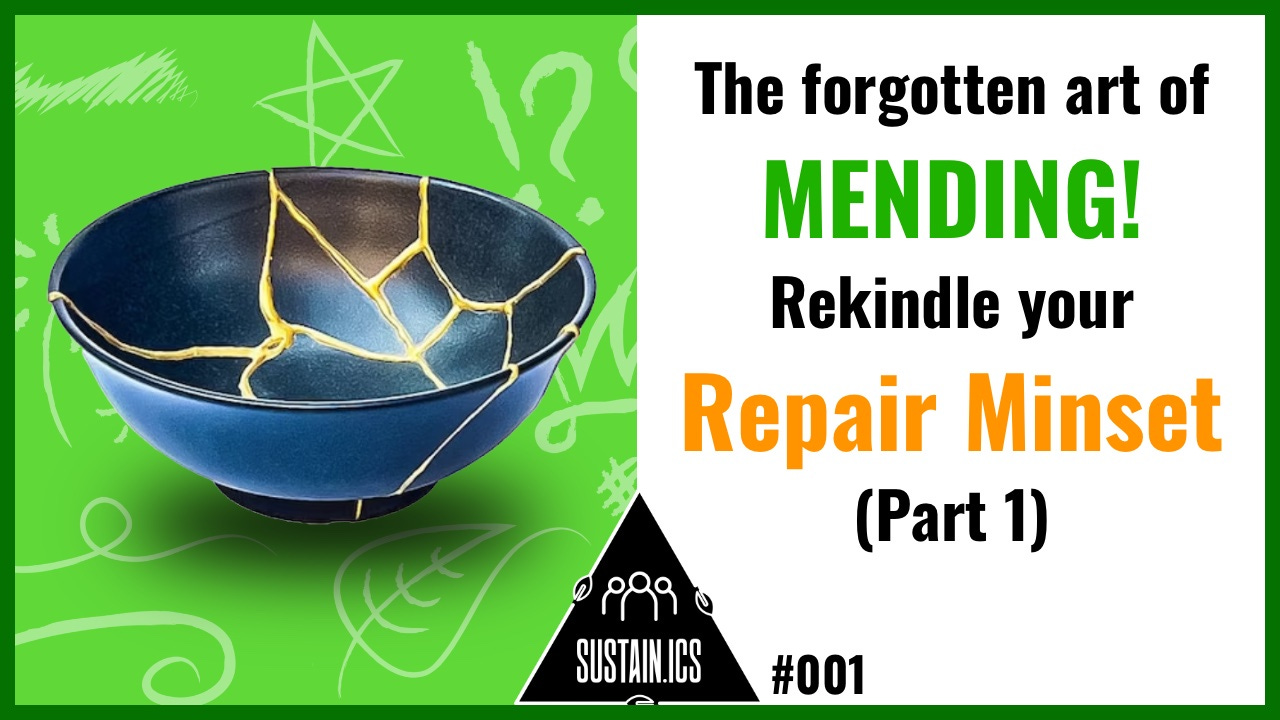

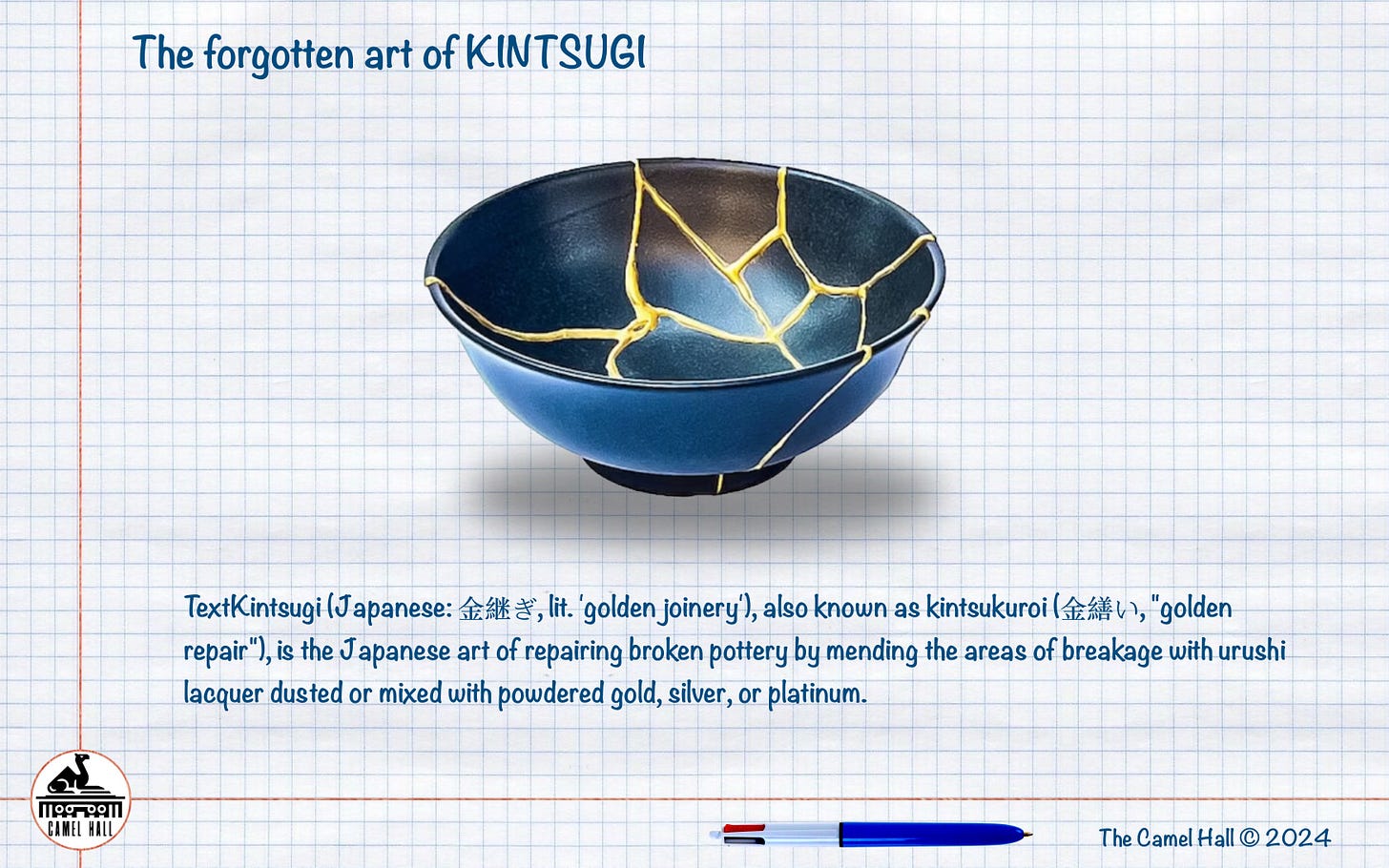

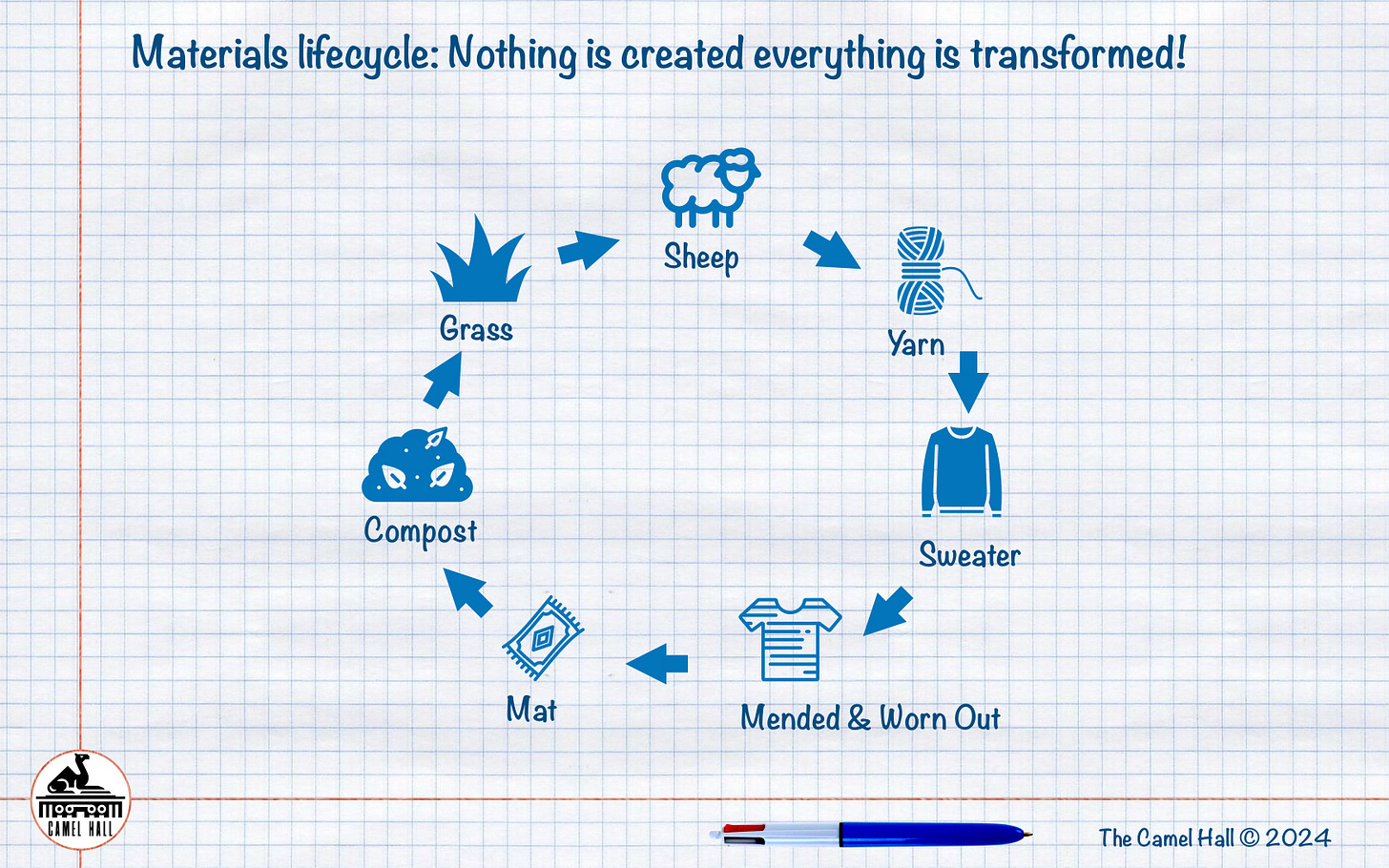
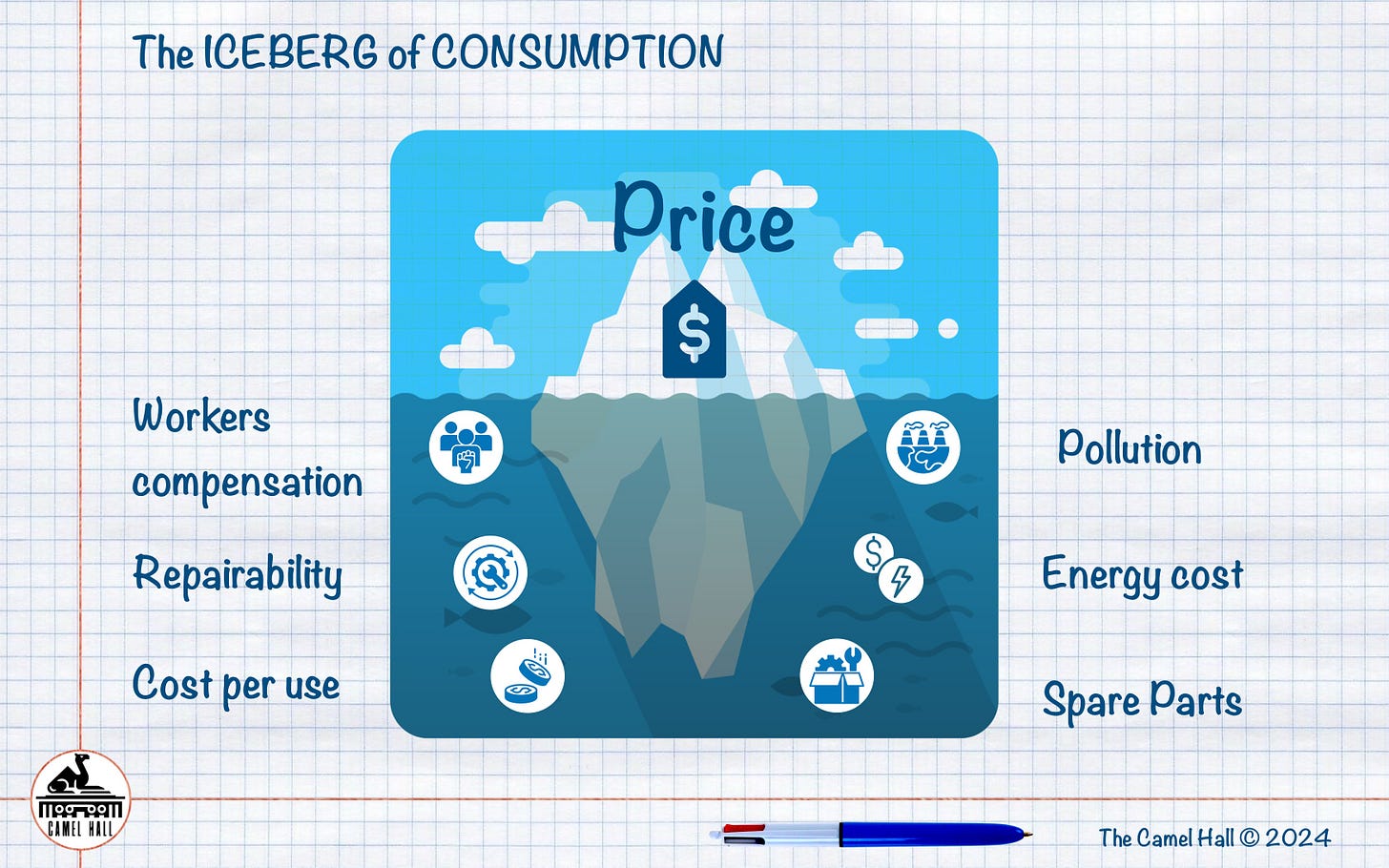

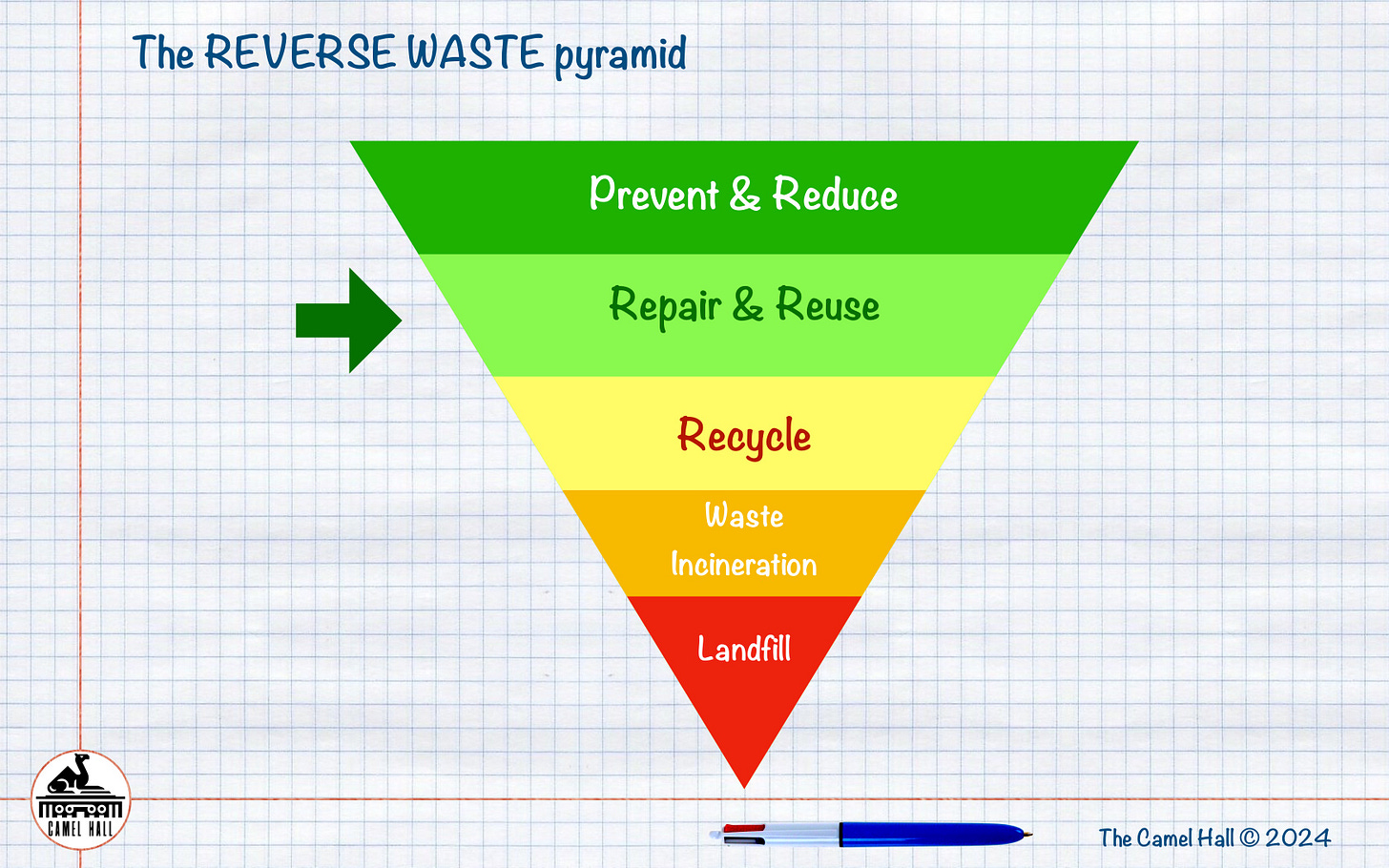



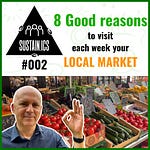
Share this post